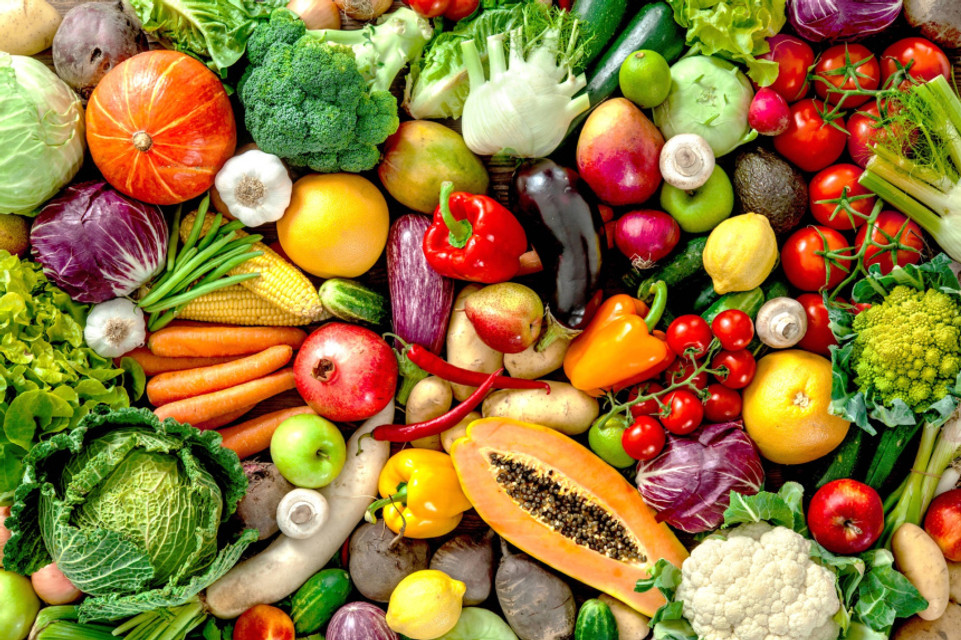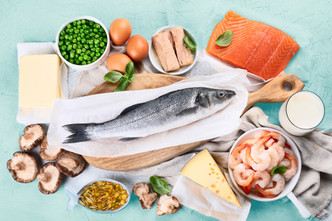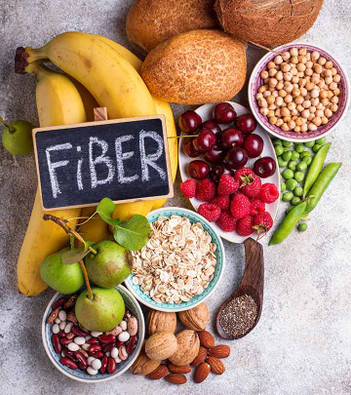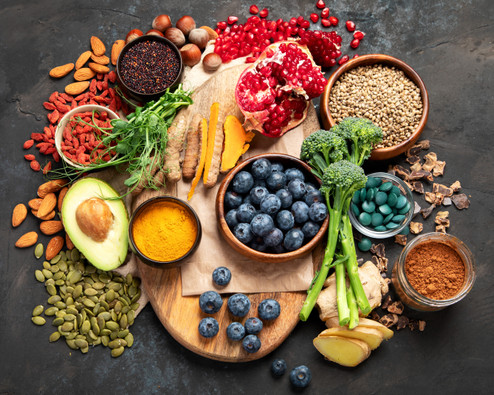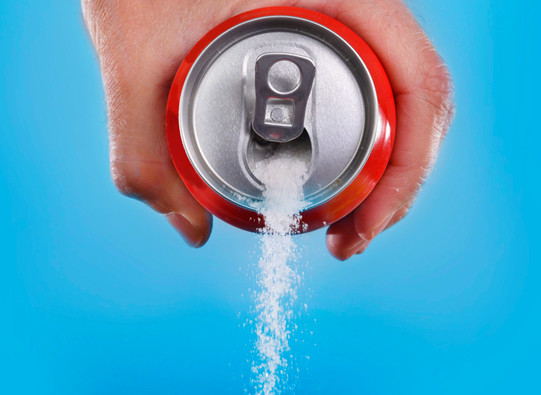Nov 3rd 2025
Getting More Fiber into Your Diet
We’ve been telling you how important it is to get 40-100 grams of dietary fiber in your diet daily to support a healthy gut population of good bacteria (probiotics), which in turn probably does more to ensure the health of your whole body than any other single factor. And we’ve told you that at least 95 percent of the US population doesn’t get enough fiber, and challenged you to calculate how much fiber you get on a daily basis. Odds are you came up short. We did when we took the Fiber Challenge ourselves! It takes a lot of consciousness to include 40-100 grams of fiber in a day’s diet! We’ve found a few simple ways to include more fiber that we’d like to share with you. But first, don’t start bombarding your intestines with a huge quantity of fiber all at once! This could lead to constipation and bad flatulence. Instead, measure your average fiber intake and add more gradually, a maximum of 5 grams a day, interspersed throughout the day, un…
read more Fuel your life with the purest vitamins
Fuel your life with the purest vitamins
